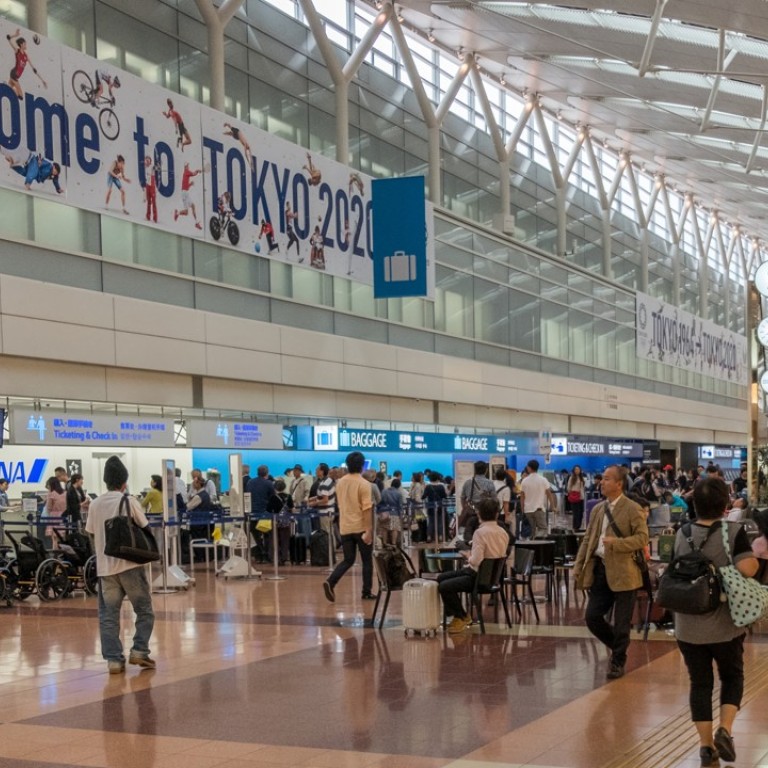
Japan’s airports have a problem with discarded luggage
Most had been left by rubbish bins in the check-in area or on luggage trolleys, although some had been hidden in toilet stalls
Airports in Japan are struggling to keep on top of a growing number suitcases that have been discarded by travellers who purchase new ones soon before they fly home.
By law, the suitcases must initially be treated as lost property and are typically stored at the airport for a week before being handed over to the police detachment with responsibility for the airport.
The vast majority, however, are empty or contain items that have obviously been dumped and remain unclaimed until they can be disposed of after three months.
And with tourist numbers growing and expected to break through the 40 million arrivals barrier in 2020, when Tokyo hosts the Olympic Games, authorities here are trying to clamp down on the habit.
“We only get around 10 cases abandoned in the international terminal each month, but that is still a lot more than we ever had only two or three years ago,” said Noriko Sato, a spokeswoman for Tokyo’s Haneda International Airport.
From the labels or what is in the bags, it seems that most of the suitcases are being abandoned by Chinese passengers
“We first noticed an increase when more international flights were introduced from Haneda, although the situation is not so bad in comparison with other airports in other parts of Japan because a high proportion of our customers are business travellers rather than people on vacation.”
An estimated 15.5 million foreign travellers transited Narita International Airport, east of Tokyo, last year, with airport authorities collecting 250 suitcases, most of which were in the international departures lobby.
Similarly, officials at Osaka’s Kansai International Airport handled 258 abandoned suitcases last year, more than three times the number that were deliberately abandoned in 2013.
Another 287 items of luggage were left at Chubu Airport, which serves Nagoya, and 100 were dumped at Shin-Chitose Airport in Hokkaido.
For security reasons, airport staff say they have to treat each case as a potential threat and use X-ray scanners and metal detectors to determine their contents.
Officials told the Yomiuri newspaper that many of the suitcases still had labels attached from foreign cities or contained foreign food.
Most had simply been left by rubbish bins in the check-in area or on luggage trolleys, although some had been hidden in toilet stalls.
“From the labels or what is in the bags, it seems that most of the suitcases are being abandoned by Chinese passengers,” Sato said.
“And we are a little worried because the Olympics are only two years away.”
In an effort to stop tourists abandoning suitcases – often apparently when they realise they are going to be charged extra for additional luggage – passengers are being told that leaving a suitcase can be a contravention of the Waste Management Law.
Chubu Airport has introduced a scheme whereby a passenger can hand over an unwanted suitcase to airport staff to dispose of for a fee of Y1,080 (US$10), although only a handful of passengers have taken advantage of the scheme so far.

